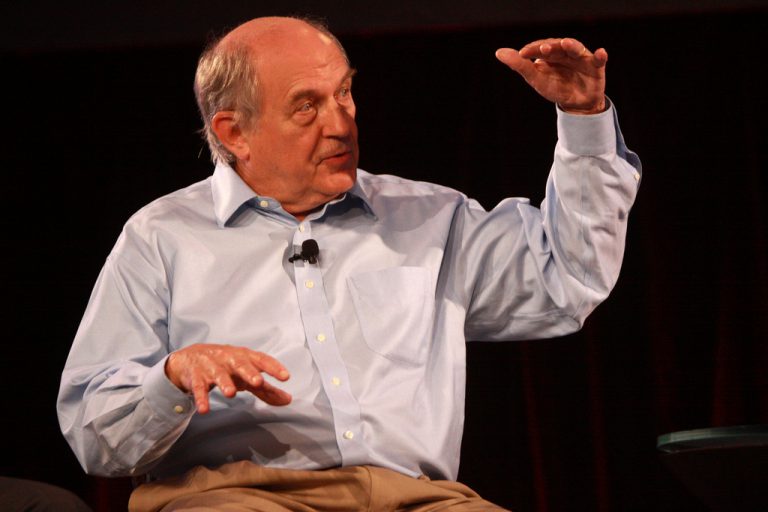As has been widely reported, violent protests at Middlebury College, Vermont, on Thursday, March 2, 2017, disrupted an appearance by Charles Murray, author of The Bell Curve, a book published in 1994 that espoused highly controversial theories about racial differences in intelligence. Murray had been invited by a student organization to discuss a new book, Coming Apart: The State of White America, 1960-2010.
Allison Stanger, Professor of International Politics and Economics, was to moderate. However, the event did not proceed as planned; students at the talk shouted Murray down and made it impossible for him to speak. He and Stanger moved the discussion to a different location, where the interview was live-streamed. That, unfortunately, was not the end of it. When they left, Stanger and Murray were confronted with angry protesters who tried to block their way. A melee ensued, during which Stanger was injured.
Stanger posted a commentary about the incident on Facebook. We cannot improve on her words.
I apologize for the impersonal and lengthy nature of this communication, but I wanted to provide a general response to…
Posted by Allison Stanger on Saturday, March 4, 2017
Stanger and Middlebury responded appropriately, repudiating the violent and disruptive protests and reaffirming their commitment to the free exchange of ideas. Their improvisation allowed the talk to proceed, albeit in a lesser forum and format.
This incident, and earlier ones at Berkeley, University of Washington, and other institutions, reveal a disturbing trend, and a lack of understanding of what forms of protest the First Amendment does, and does not, protect.
Briefly, the Constitution protects the right to peaceful protests. Institutions and government officials are permitted to adopt neutral rules to regulate where and when such protests take place, as long as they are applied consistently and do not unnecessarily interfere with the ability of protesters to convey their message to their intended audience.
However, the First Amendment DOES NOT allow protesters to prevent someone else from speaking, and it does not sanction violence or intimidation. Middlebury, as a private institution, is not constrained by the First Amendment and has considerable leeway in setting and enforcing its own rules. Even at a public university, however, administrators would be justified in removing and disciplining students who disrupt a public event. Any institution, whether public or private, is entitled to rely on law enforcement to prevent and respond to violence or threats of violence, and protesters who engage in such behavior do so at their peril.
Perhaps more important, protesters need to understand a more basic principle: the right to speech exists for all, or for none. Anyone who wishes to exercise that right is obliged to acknowledge that others enjoy equivalent rights.
Once you violate that principle, speech rights for all are at risk.
Further reading:
- In response to the incident, over one hundred Middlebury college Professors signed a statement containing a number of “unassailable” principles needed for higher education to function within a free society. Read the statement and list of principles here.
- Two professors, Cornel West of Harvard University and Robert P. George at Princeton, have issued an open statement titled Truth Seeking, Democracy, and Freedom of Thought and Expression about the incident at Middlebury. Read it and request to sign on here.


